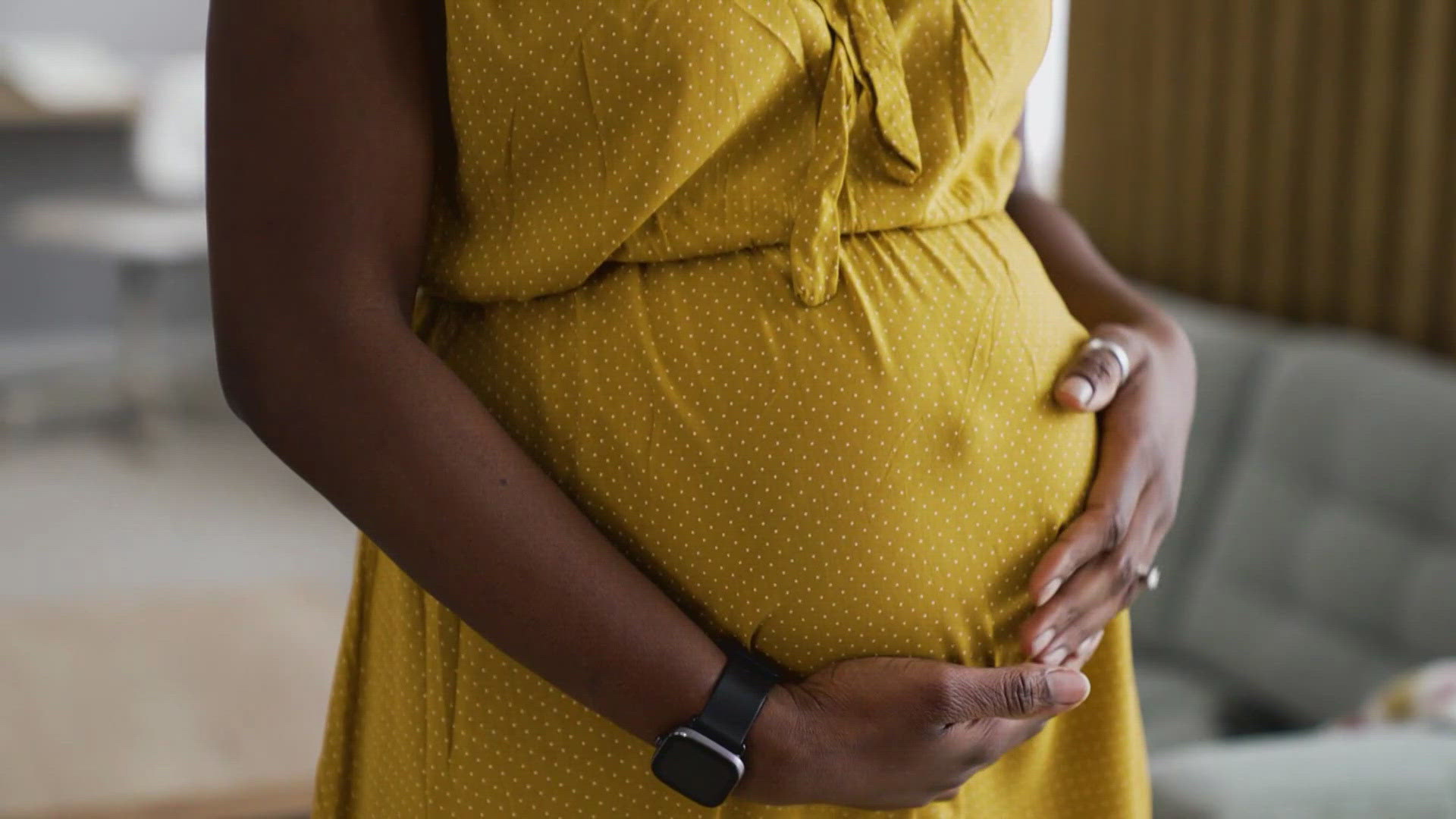AUSTIN, Texas — The Texas Maternal Mortality and Morbidity Committee met Friday to discuss its recommendations for lawmakers ahead of the upcoming legislative session. However, data on pregnancy-related deaths in the state from 2022 to 2023 was not reviewed.
That means the committee is not investigating the impact of the state's abortion ban in the years just after it took effect. Some committee members say those years are being avoided to give lawmakers more current data to look at, but others worry that a string of abortion-related deaths in Texas during those years could mean the committee's recommendations are missing important data.
Investigative journalists with ProPublica recently released reports about three women who died after being denied abortion-related care.
Joselli Barnica died in 2021 after a hospital told her it would be a crime to intervene in her miscarriage. In 2023, 18-year-old Neveah Crain suffered a miscarriage and developed sepsis, but was denied emergency care at three hospitals before her death. That same year, Porsha Ngumezi had a miscarriage and needed an emergency procedure, but because that same procedure is used to end pregnancies, she didn't get receive it and she died.
Independent doctors reviewed all three cases and told ProPublica the women's deaths were preventable.
Dr. Carla Ortique, the chair of the Texas Maternal Mortality and Morbidity Committee, said excluding abortion-related data is not a political move. She said voluntary abortions are not covered by the committee and even if the excluded data was included, abortion-related deaths would not be discussed.
"I would like to reassure the public that there was absolutely no nefarious intent nor desire to miss an opportunity to identify impacts from recent legislative changes pertaining to abortion on maternal health outcomes in our state," Ortique said. "As I shared in March, even if the committee did review the 2022-2023 case cohort, we would not review cases in which care may have been directly impacted by Senate Bill 8 of the 2021 legislative session."
Ortique said it is "imperative" that the committee becomes "more contemporary" in its review process and said the committee's work is critical to improving mental health outcomes.
"It is not helpful for us to continue making recommendations on findings from deaths that occurred 4-6 years prior to the year our report is published," she said.
The committee gave its recommendations for how the Texas Legislature can help it do its research more efficiently and how lawmakers can help improve maternal mortality in the state.
Those recommendations include increasing access to health coverage throughout a woman's reproductive life, adding two community advocates with lived experience related to maternal morbidity to the committee and supporting the committee's ability to conduct interviews to help with its review process.
The 89th legislative session begins on Jan. 14.

